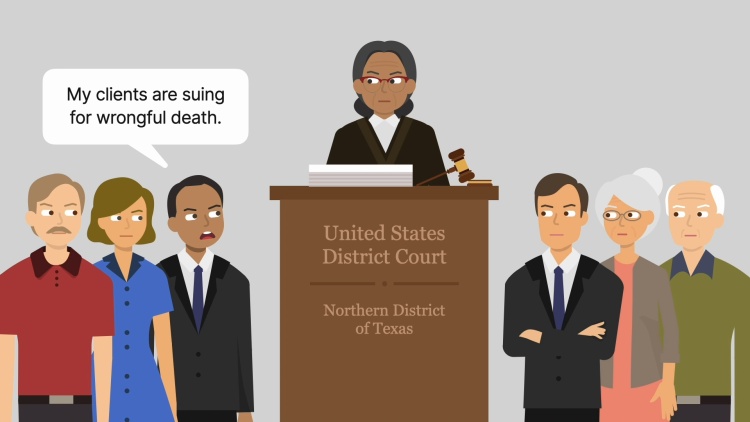Cain v. George
United States Court of Appeals for the Fifth Circuit
411 F.2d 572 (1969)

- Written by Christine Raino, JD
Facts
After their son died from carbon monoxide poisoning at a motel (the Motel) (defendant) where the family was staying as guests, the child’s parents (the Parents) (plaintiffs) commenced a wrongful death action against the Motel. The Parents alleged that the gas heater in the room was defective due to improper installation and venting and the failure to inspect and maintain the heater. Evidence also established that a chair located next to the heater was smoldering at the time the fire department arrived. At trial, to support the Motel’s position that the carbon monoxide did not come from the gas heater, the court allowed the Motel’s owners to testify regarding the number of guests who had occupied the room before the Parents and their son and had made no complaints. After the jury returned a verdict finding that the child’s death was the result of an unavoidable accident and was not proximately caused by the Motel’s negligence, the district court dismissed the Parents’ claims. The Parents appealed to the United States Court of Appeals for the Fifth Circuit, asserting that the district court erred in allowing the Motel’s owners to testify regarding the number of guests who had previously stayed in the room and made no complaint.
Rule of Law
Issue
Holding and Reasoning (Per curiam)
What to do next…
Here's why 907,000 law students have relied on our case briefs:
- Written by law professors and practitioners, not other law students. 47,100 briefs, keyed to 996 casebooks. Top-notch customer support.
- The right amount of information, includes the facts, issues, rule of law, holding and reasoning, and any concurrences and dissents.
- Access in your classes, works on your mobile and tablet. Massive library of related video lessons and high quality multiple-choice questions.
- Easy to use, uniform format for every case brief. Written in plain English, not in legalese. Our briefs summarize and simplify; they don’t just repeat the court’s language.








